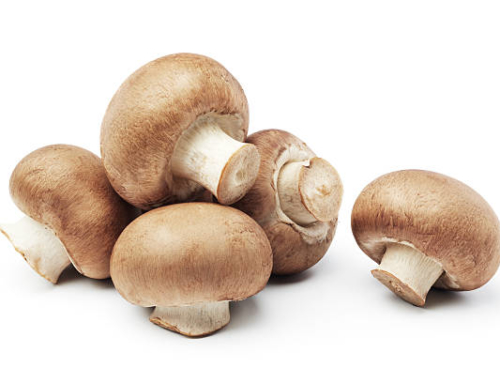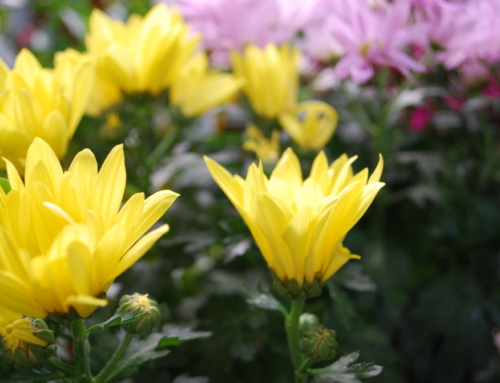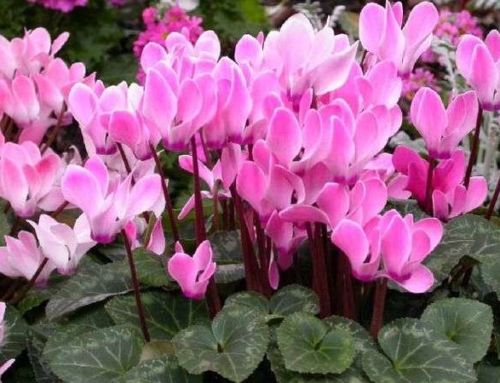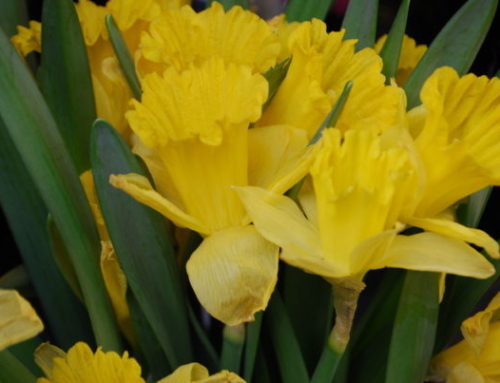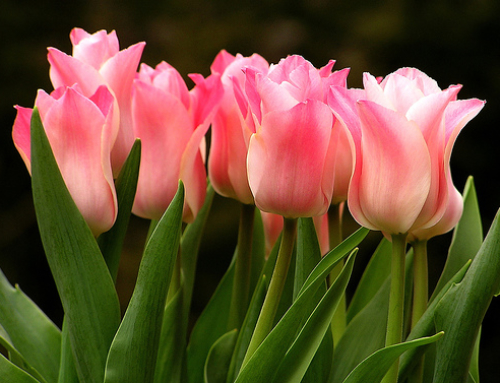Project Description
If you have any reason to suspect your pet has ingested something toxic, please contact your veterinarian or one of the other resources listed:
• ASPCA Animal Poison Control Center 24-hour hotline at (888) 426-4435
• Pet Poison Helpline® 24-hour animal poison control service at (855) 764-7661
Dogbane, Indian Hemp
Common Names: Dogbane, Indian Hemp
Scientific Names: Apocynum androsaemifolium, Apocynum cannabinum, Apocynum x floribundum
The dogbane is a perennial native to most of North America often found on roadsides, woodland edges, recent clearings and fields. Animals generally avoid the plant due to its bitter, sticky, milky-white sap. All parts of the plant, fresh or dry, contain cardiac glycosides with the principle toxin being cymarin.
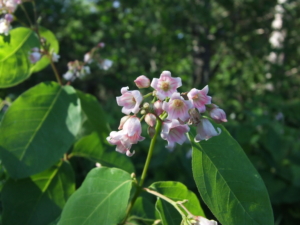
Signs and symptoms of toxicity:
Increased temperature and pulse, dilated pupils, loss of appetite, blue coloration of mucous membranes, body weakness and possible convulsions
Toxic consumption: A lethal dose for most animals is believed to be about 0.5 grams per kilogram of body weight (0.2 g/lb) but deaths have been reported for cows at as low as 15 grams. If you believe you pet has consumed this plant, seek treatment as soon as possible. If possible induce vomiting and take sample of plant for identification.
| X-Small Yorkie, Chihuahua |
Small Pug, Boston Terrier, Poodle |
Medium Beagle, Scottish Terrier |
Large Boxer, Cocker Spaniel |
X-Large Retriever, German Shepherd |
XX-Large Great Dane, St. Bernard |
| 1 – 10 lbs. (0.45 – 4.6 kg) |
11 – 25 lbs. (5 – 11.4 kg) |
26 – 40 lbs. (11.8 – 18.2 kg) |
41 – 70 lbs. (18.6 – 31.8 kg) |
71 – 90 lbs. (32.3 – 40.9 kg) |
91 – 110 lbs. (41.4 – 50 kg) |
 |
 |
 |
 |
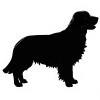 |
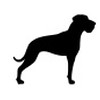 |
| > 0.2 g | > 2.5 g | > 5.9 g | > 9.3 g | > 16.1 g | > 20.7 g |
| Most Cats | Large Cats |
| 1 – 10 lbs. (0.45 – 4.6 kg) |
11 – 25 lbs. (5 – 11.4 kg) |
 |
 |
| > 0.22 g | > 2.5 g |
References:
– Hemp dogbane (apocynum cannabinum). United States Department of Agriculture Research Service Web site. http://www.ars.usda.gov.libproxy.lib.unc.edu/Research/docs.htm?docid=9938. Updated 2006. Accessed January 4, 2015.
– Apocynum cannabinum. North Carolina State University Web site. http://plants.ces.ncsu.edu.libproxy.lib.unc.edu/plants/all/apocynum-cannabinum/. Accessed January 4, 2015.
– Blakely B, Waldner C, Bildfell R, Black W. Plants poisonous to animals. The MERCK Manual Pet Health Edition Web site. http://www.merckmanuals.com/pethealth/special_subjects/poisoning/plants_poisonous_to_animals.html. Updated 2011. Accessed January 4, 2015.
image: http://upload.wikimedia.org/wikipedia/commons/a/a3/SpreadingDogbane.JPG
Pet Poison Control is provided free as a public service by the American College of Veterinary Pharmacists. Today we’re asking you to support us with a small donation. If you would like to dedicate your gift in honor or memory of a pet or individual, you will have that option before checkout. Your gift of any amount helps us maintain this resource and make it available to the pharmacy and veterinary communities. Thank you!

